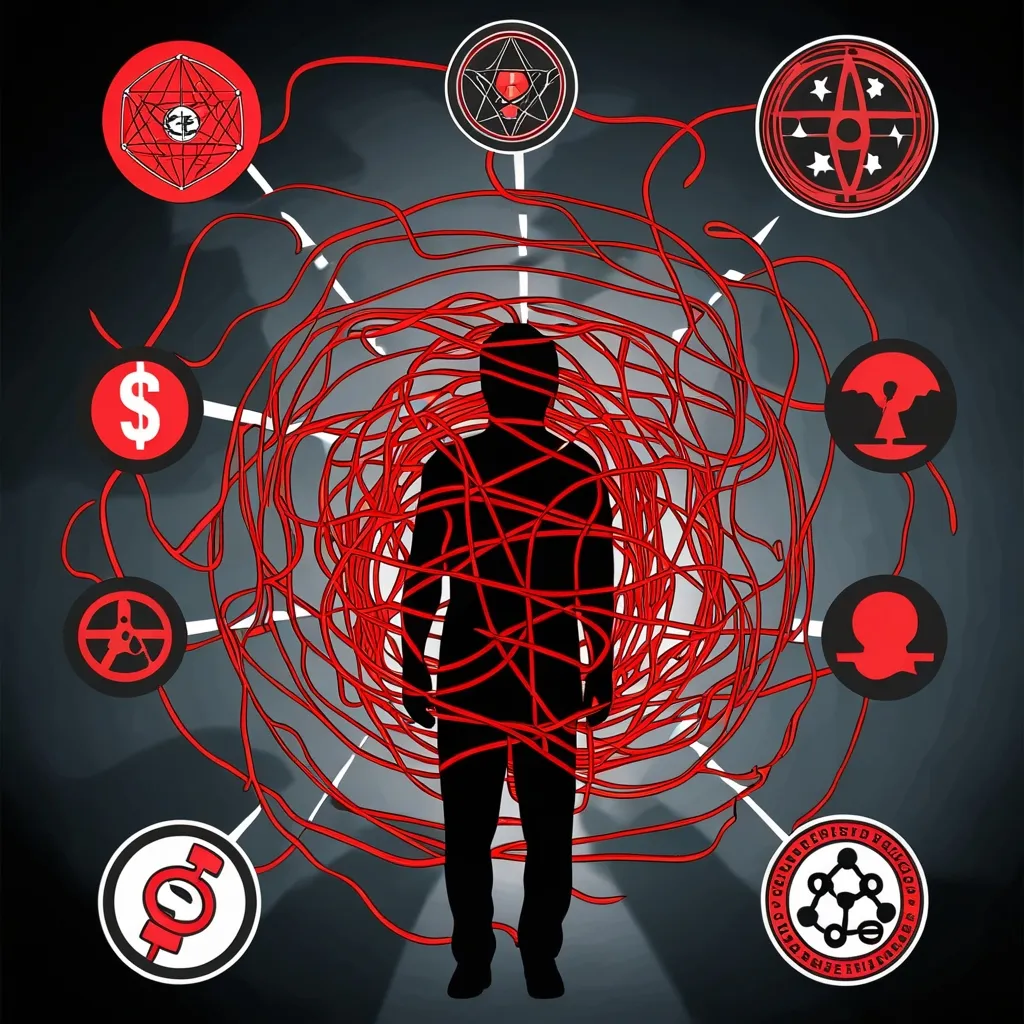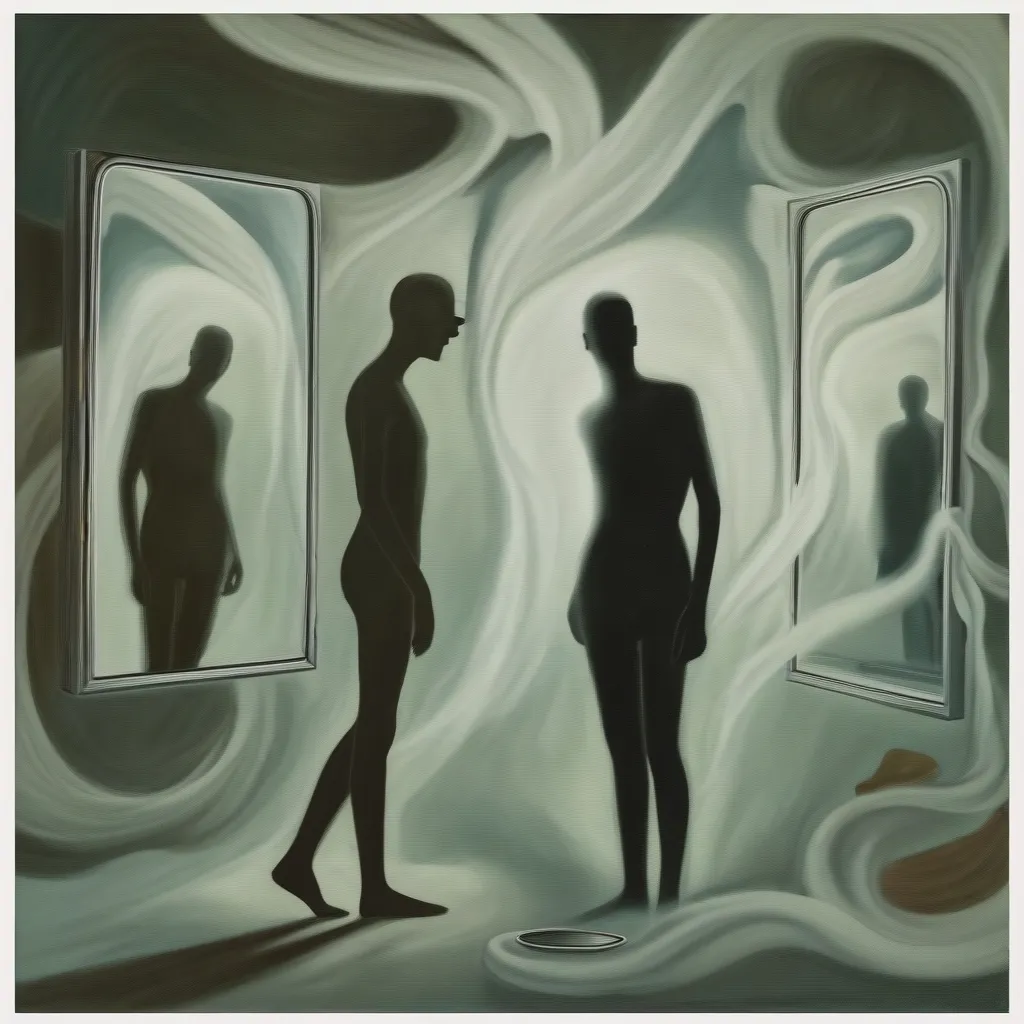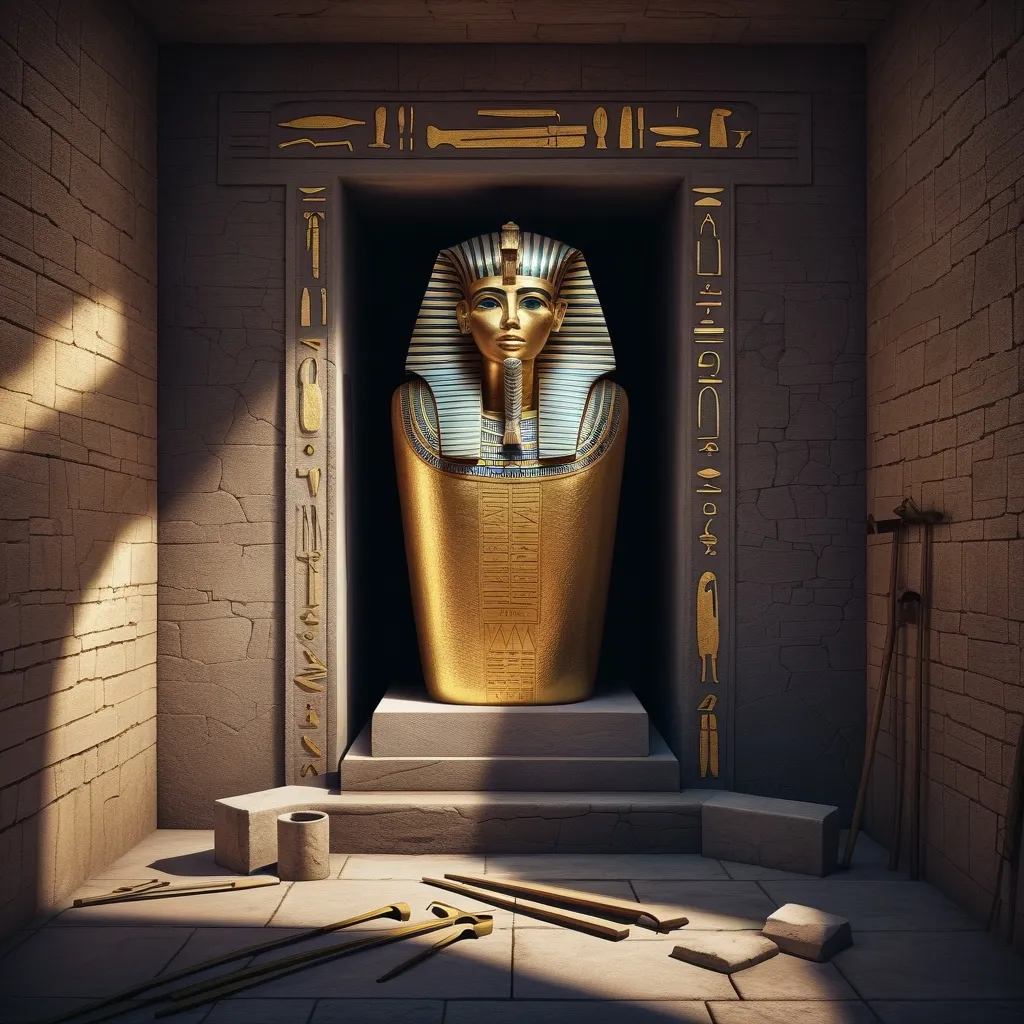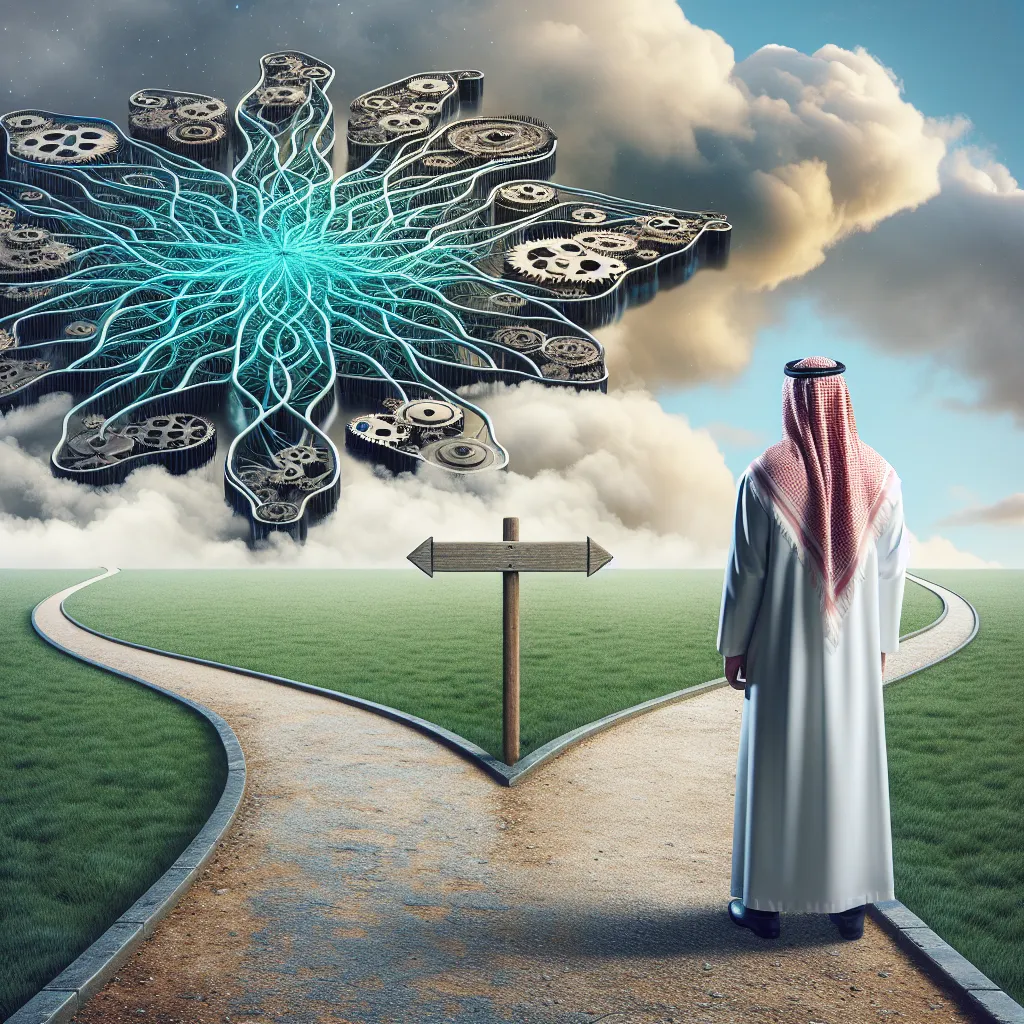Conspiracy theories have always been a part of human society, captivating our imaginations and sometimes even shaping our worldviews. From ancient myths to modern-day internet rumors, these wild ideas have a way of sinking their hooks into us and not letting go. But why do we fall for them? And what makes them so darn irresistible?
Let’s dive into the weird and wonderful world of conspiracy theories and see what makes them tick.
First off, it’s important to understand that conspiracy theories aren’t just random ideas that pop up out of nowhere. They’re deeply rooted in our psychology and the way we see the world. Think about it - we’re hardwired to look for patterns and explanations, even when there aren’t any. It’s like our brains are constantly trying to connect the dots, even if those dots are actually just random squiggles.
And here’s the kicker - once you start believing in one conspiracy theory, you’re more likely to believe in others. It’s like a weird snowball effect. You might start off thinking that the moon landing was faked, and before you know it, you’re convinced that lizard people are running the government. It’s wild how our brains work, right?
But why do we fall for these theories in the first place? Well, it’s not just about the theories themselves - it’s about what they offer us. In a world that can feel chaotic and unpredictable, conspiracy theories give us a sense of control and understanding. They provide simple explanations for complex problems, and let’s face it - sometimes that’s exactly what we’re craving.
Take the COVID-19 pandemic, for example. It was a scary, confusing time for everyone. And in the midst of all that uncertainty, conspiracy theories about the virus’s origin and the government’s response started popping up left and right. These theories offered people a way to make sense of what was happening, even if that sense was totally bonkers.
And let’s not forget about the social aspect of conspiracy theories. Believing in these theories can make you feel like you’re part of an exclusive club - like you’re one of the few people who really know what’s going on. It’s like being in on a secret that the rest of the world is too blind to see. Pretty tempting, right?
Now, throw social media into the mix, and you’ve got a recipe for conspiracy theory mayhem. Back in the day, these theories were mostly confined to weird books and late-night radio shows. But now? Anyone with an internet connection can become a conspiracy theory superstar.
Social media algorithms are partly to blame for this. They’re designed to show us content that gets us all riled up and emotional, because that’s what keeps us scrolling. And guess what kind of content fits that bill perfectly? Yep, you guessed it - conspiracy theories.
This has led to a whole new breed of conspiracy theory influencers. These folks have figured out how to monetize people’s fears and anxieties, turning conspiracy theories into a full-blown business model. It’s kind of genius, in a twisted sort of way.
But let’s talk about some of the big ones - the conspiracy theories that have become almost as famous as actual historical events. The moon landing hoax is a classic. Despite mountains of evidence proving that we did, in fact, land on the moon, some people still insist it was all filmed in a Hollywood studio. I mean, come on, folks - do you really think Stanley Kubrick could keep a secret that big?
And then there’s the granddaddy of all modern conspiracy theories - the JFK assassination. This one’s got everything - government cover-ups, organized crime, shadowy figures pulling strings behind the scenes. It’s like a real-life thriller movie, which is probably why it’s captured our imagination for so long.
But here’s the thing - while these theories might seem harmless or even entertaining, they can have some pretty serious consequences. Take the anti-vaccine movement, for example. Conspiracy theories about vaccines have led to a decrease in vaccination rates, which has in turn led to outbreaks of diseases we thought we’d gotten rid of. Not cool, conspiracy theories. Not cool at all.
And it’s not just public health that suffers. Conspiracy theories can mess with people on a personal level too. They can make you distrustful of everything and everyone, leading to a kind of paranoid isolation. It’s like living in a bubble where everything is a lie and no one can be trusted. Sounds exhausting, right?
So, how do we fight back against these theories? Well, it’s not as simple as just throwing facts at people. When someone really believes in a conspiracy theory, it becomes part of their identity. Trying to debunk their beliefs can feel like a personal attack, which usually just makes them dig their heels in even deeper.
A better approach might be to address the underlying needs that these theories fulfill. We need to promote critical thinking skills, foster a sense of community that isn’t based on shared delusions, and work on building trust in our institutions. And when it comes to complex issues, we need clear, transparent information that doesn’t leave room for wild speculation.
It’s also worth remembering that everyone’s journey into and out of conspiracy theories is unique. Some people get sucked in out of curiosity, while others are pushed by personal crises or social pressures. I knew a guy once who lost his job and went down a rabbit hole of economic conspiracy theories. It gave him a way to explain his misfortune that felt more meaningful than just bad luck or a tough job market.
But here’s the thing - the deeper people get into these theories, the more isolated they often become. They might lose friends and family who don’t share their beliefs, and they might find it harder and harder to function in the “normal” world. It’s a lonely path, and eventually, some people realize that the theories they believed in were not only false but also harmful.
So, what’s the takeaway from all this? Well, conspiracy theories are a fascinating window into human psychology and social dynamics. They show us how we try to make sense of a complex world, and how we seek connection and meaning in our lives.
But they also remind us of the importance of critical thinking and healthy skepticism. It’s okay to question things - in fact, it’s essential. But we need to make sure we’re asking the right questions and looking at evidence objectively.
At the end of the day, the truth is always more interesting than any conspiracy theory. Sure, it might be more complex and ambiguous, but it’s also more rewarding. By embracing this truth and fostering a culture of critical thinking, we can navigate even the darkest conspiracies and come out the other side with a clearer understanding of our world.
So the next time you hear a wild theory about lizard people or fake moon landings, take a step back. Ask yourself why this theory is appealing, what evidence supports it, and what it would mean if it were true. You might be surprised at what you discover.
And remember, in a world full of conspiracy theories, the greatest conspiracy of all might just be the truth itself - hiding in plain sight, waiting for us to open our eyes and see it.






